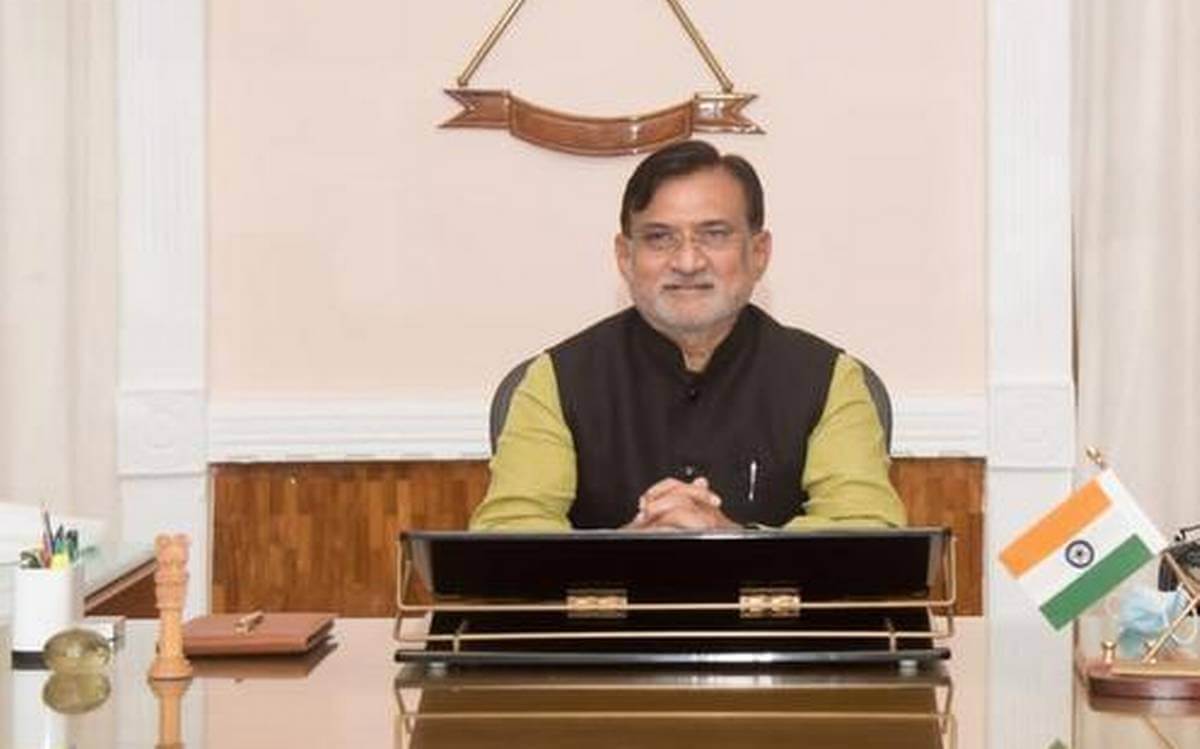As residents of Lakshadweep continue to resist the newly introduced reforms, the Union Territory’s Administrator, Praful Khoda Patel, clarified that the laws have been passed on to the Union Ministry of Home Affairs for approval. He added that the introduction of the reforms was in pursuance of the mandate that he had secured from the Centre and the proposals would be implemented once the President had given his assent to the laws. Patel claimed that these laws form part of his vision to introduce “regulations of peace, progress, and good government.” Meanwhile, the country’s Home Minister, Amit Shah, has clarified that none of the changes will be introduced “without taking the people into confidence.”
The recent controversy was spurred by the introduction of four proposals by Patel: the Lakshadweep Animal Preservation Regulation, the Lakshadweep Development Authority Regulation, the Prevention of Anti-Social Activities Regulations, and the Lakshadweep Panchayat Regulations.
The Lakshadweep Animal Preservation Regulation, which has been termed as the “beef ban”, prohibits slaughtering cows, bulls, and bullocks. The proposals, under the garb of promoting tourism, have also paved the way for the sale of liquor. With a 95% Muslim population, most of the Lakshadweep islands have long had an alcohol ban in place. Hence, according to the locals of the islands, these decisions pose a threat to the cultural identity of the residents of Lakshadweep. However, the local government says that the changes in the law have been made with the aim of promoting the islands as a tourist destination, citing the example of the Maldives. Moreover, defending the proposal, Praful Patel said, “The beef issue should not be viewed on a community basis. There is also no politics involved in the draft.”
The most criticised proposal is of the Development Authority Regulation, which permits the administration on the island to capture land for infrastructural projects, including the construction of highways and railway lines. The locals believe that this will not only allow the administration to grab the residents’ land but also result in environmental damage.
More concerningly, through the Prevention of Anti-Social Activities Regulations, the proposals also allow for preventive detention of individuals without mandating any public disclosure. Patel’s officials defended this move by saying that it was necessary to curb the smuggling of weapons and narcotics. However, the Lakshadweep islands have the lowest crime rates in the country. According to the National Crime Record Bureau’s 2019 report, the islands reported no cases of major crimes such as rape, murder, and dacoity. Hence, the introduction of these laws has been viewed as an attempt to villainise the locals.
To deter the implementation of these laws, locals have engaged in several protests. In addition to the previously mentioned criticisms, the residents also believe that Patel’s plan will “cause the delicate ecology of the island to unravel.” This resulted in the arrest of 23 people, which has further enhanced the feeling of victimisation amongst the inhabitants of the islands. As a result, several opposition leaders and human rights organisations have been planning to send officials to assess the implementation of the reforms.
Lakshadweep is a group of 36 islands, located around 200-400 kilometres from Kerala. As is it classified as a Union Territory, the administration of the islands remains in the hands of the Indian federal government, who appoints an administrator.
In December 2020, Praful Patel was appointed as the Union Territory’s administrator. He was met with opposition early in his tenure, with locals criticising his decision to lift the strict quarantine measures in place to curb the spread of the COVID-19 virus. Soon after, Lakshadweep reported the highest rates of positivity in the country, drawing further criticism from the local residents.
Patel’s proposals are being viewed as an attempt to further the reach of the Bhartiya Janata Party’s right-wing Hindutva agenda. The steps to allow liquor sales and impose a beef ban has, therefore, been viewed as a tool to victimise the islands’ Muslim majority, who have remained largely untouched by the politics in mainland India. Moreover, the local leaders and residents have also felt alienated from the process of reforms, as they had not been consulted before making such amendments.
The Lakshadweep Controversy: All You Need to Know
Indian Home Minister Amit Shah reassured that any of the proposed reforms would only be introduced with the support of the islands' inhabitants.
June 2, 2021

Lakshadweep's Administrator Praful Patel SOURCE: THE HINDU
